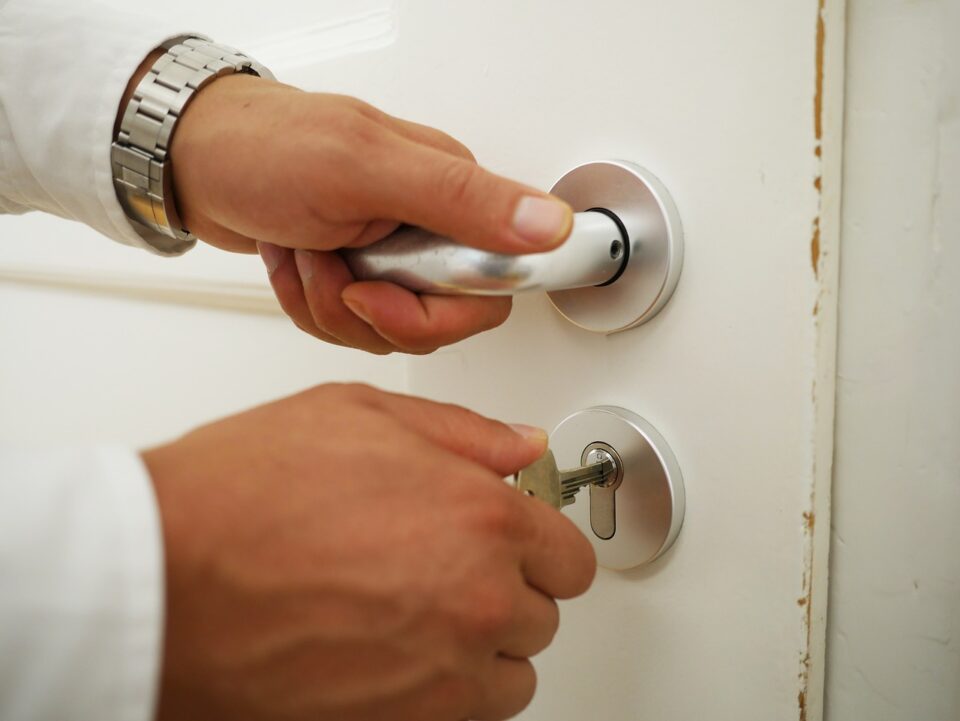
BARBARESE: Students Are Not All Equally Gifted. There, I’ve Said it.
June 5, 2023
Four Takeaways From New Poll on Teachers and Book Bans
June 6, 2023New Parent Power Index Says Murphy Administration ‘Is Stuck In a Great Big Pothole on the NJ Turnpike’
The Center for Education Reform just issued its rankings of states according to a “Parent Power Index.” The Index quantifies how each state:
- has policies in place that put students ahead of systems;
- values the diversity of need and condition of every family;
- provides vital accessible information, and
- by doing so affords parents the power to exercise fundamental decisions regarding how their kids are educated.
This year’s rankings also include how state education departments responded to the impact of COVID-19.
So how does New Jersey do?
Not so well. We come in 41st out of 50 states for a cumulative grade of D-. What are the factors that gives us such a low scores?
Here are summarized results from each category that informs the Parent Power Index:
Leadership: “While Governor Phil Murphy does not endorse most of what qualifies as parent power, he does not acquiesce to the humans in the way some New Jersey leaders have in the past. New Jersey charter schools have actually grown very slightly under the Murphy administration, and his leadership on reopening schools this fall is worthy of praise as he demanded that schools offer options to students.”
But,
“The Garden State’s political leadership needs to be badly weeded. The Murphy Administration has been arbitrarily rejecting expansion of successful charter schools with waiting lists as well as the opening of new schools to serve more students. While New Jersey has always been strong in having higher than average teacher standards, today’s leaders seem to be stuck in a great big pothole on the NJ Turnpike, unable to grasp that parents need more exits.”
Teacher Quality: “Strong teacher preparation programs and requirements for content knowledge for elementary, middle, and secondary teacher candidates.”
Charter Schools: “A continued and relentless assault on charter school growth by the Murphy Administration has education advocates and charter school leaders fuming.” And, “While New Jersey does not cap the number of charter schools in the state, the state education department operates a defacto cap on new approvals and growth…90% of the per-pupil program budget or 90% of the ‘thorough and efficient funding’ amount is supposed to go directly to the charter school for their students, along with state and federal categorical funds. The total funding that charter schools receive is often much less than districts because they do not receive ‘adjustment aid’ from the state. Also, districts can charge charters up to ten percent of per pupil funding to cover administrative fees. New Jersey’s law does not provide any facilities funding.”
Digital & Personalized Learning: The COVID-19 pandemic put a spotlight on the inequities in New Jersey: more than 200,000 students were left without internet access, and approx. 100,000 students still did not have a device a month after schools were closed…Governor Murphy announced school closures on March 16th. The districts immediately began to transfer to remote learning, with 90% of schools already having emergency protocols in place. New Jersey was one of the first states to provide guidance to school districts on closing school buildings but continuing instruction.
Personalized Learning: “New Jersey does not have any policies or programs that promote personalized learning.”
Choice Programs (vouchers, tax credits, etc.): “There are no choice programs in this state.”
Transparency: “School and district report cards are highlighted on New Jersey’s DOE homepage. Report cards have a useful function that allows users to choose between a detailed school report and a summary report. Data is comprehensive and complete, including information on demographics, academic achievement, college and career readiness, postsecondary, school climate, staff, and per-pupil expenditures. One downside is it requires digging through multiple tabs to find what you’re searching for.”
How about student academic growth? Here are CEF’s “Fast Facts”:
4th Grade Math Proficiency: 40%
8th Grade Math Proficiency: 34%
4th Grade Reading Proficiency: 38%
8th Grade Reading Proficiency: 42%
Average SAT Score: 1079/1600
Average ACT Score: 24.6/36
Graduation Rate: 91%




